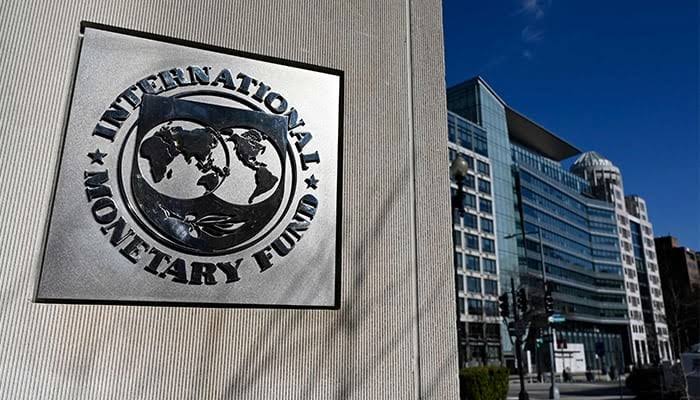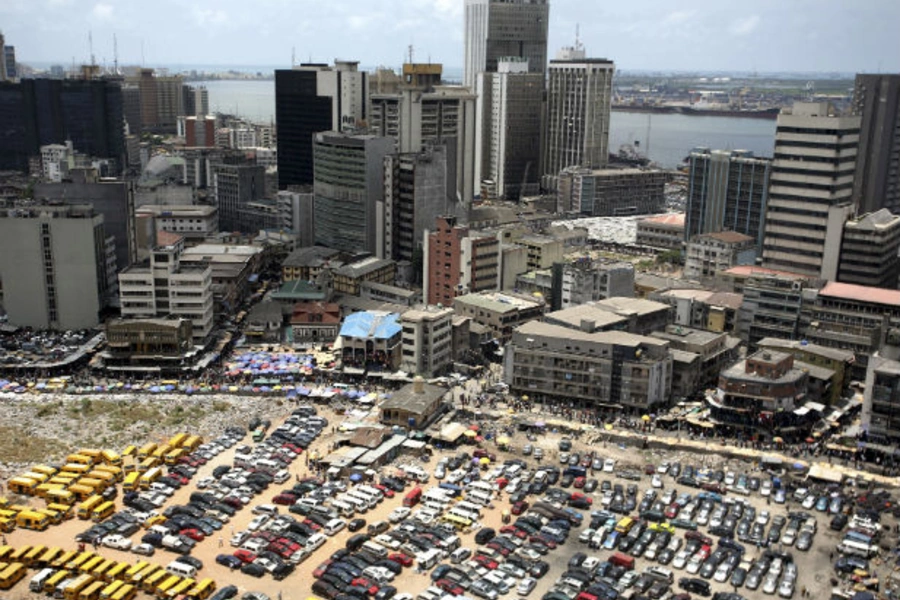The International Monetary Fund (IMF) has expressed fear that the strong policy actions that have been taken by governments in Africa to bring down inflation, stabilize public debt, and reduce external imbalances might be reversed in the face of further shocks.
This view was expressed in a joint press statement that was issued by the Managing Director of IMF, Ms. Kristalina Georgieva, and the Chair of the African Caucus, Mr. Hervé Ndoba, Central African Republic’s Minister of Finance and Budget, during the African Consultative Group Meeting in the ongoing Spring Meeting of the IMF and the World Bank.
The statement reads: “Today we brought together Ministers and Governors from the African Consultative Group to discuss strengthening Africa’s economic resilience at a pivotal juncture in the global economy.
“While growth in Africa is showing some resilience in the face of multiple shocks, the sudden shift in the global outlook has interrupted the growth momentum. Growth on the continent has been revised down by 0.3 percentage points to 3.9 percent for 2025.
“The strong policy actions that have been taken to bring down inflation, stabilize public debt, and reduce external imbalances risk being undone in the face of further shocks. Risks to the outlook are high amid elevated uncertainty and there are significant differences across countries, with fragile and conflict affected states facing particularly acute challenges.
“The Group was steadfast in its resolve to ensure macroeconomic and financial stability while endeavoring to meet the continent’s economic development goals. Domestic reform efforts should promote fiscal sustainability, particularly through domestic revenue mobilization and by improving spending efficiency.
“Central banks should remain focused on price stability, while easing monetary policy to support growth where inflation is low and within target. At the same time, ambitious structural reforms will unlock growth and drive job creation.
“Enhancing trade integration through the African Continental Free Trade Agreement will foster resilience and attract investment. To support reforms, the Group also emphasized the need for adequate and affordable external financing.
“Now, more than ever, the Fund is committed to working with its member countries to help navigate the complex global economic environment.
“The addition of the 25th chair on the Executive Board for sub-Saharan Africa strengthens the region’s voice and representation in the Fund.
“The IMF will remain agile in adapting our toolkit, policy advice, and capacity development to respond to emerging challenges, including from more frequent shocks and transformational shifts from digitalization and AI.
“Ongoing support is also key for global initiatives like the G20 Common Framework and the Global Sovereign Debt Roundtable to ensure that, if needed, countries have access to timely, reliable, and predictable debt restructuring processes.
“We look forward to the Review of Debt Sustainability Framework for Low-Income Countries (LICs-DSF). The Review of Program Design and Conditionality should also ensure that Fund-supported programs are tailored to address macroeconomic imbalances while promoting growth and poverty reduction.
“Amidst a complex macroeconomic and financial landscape, the Fund will maintain its role as a trusted economic and financial advisor to its membership and use its convening power to find cooperative solutions to our shared challenges.”





